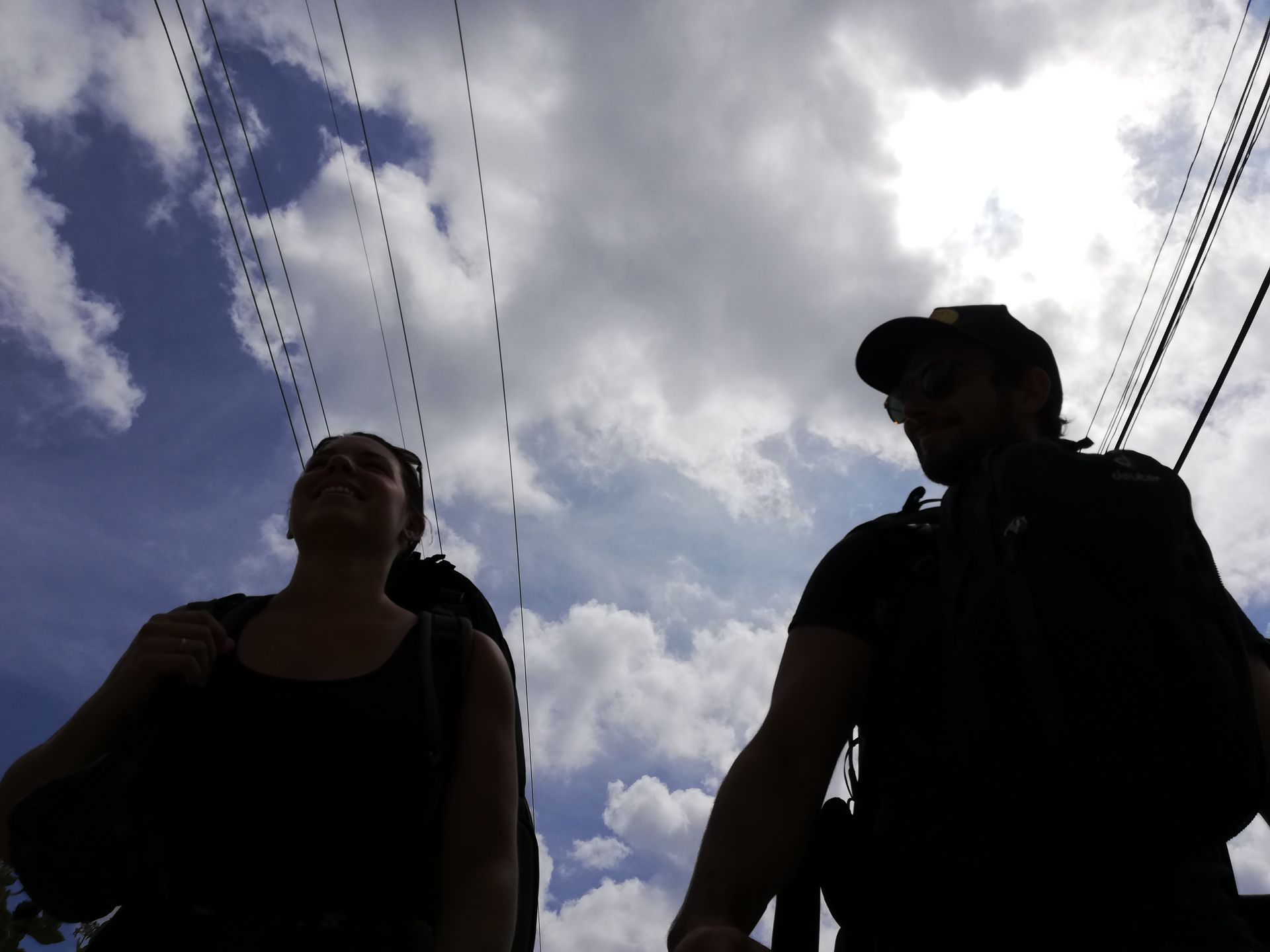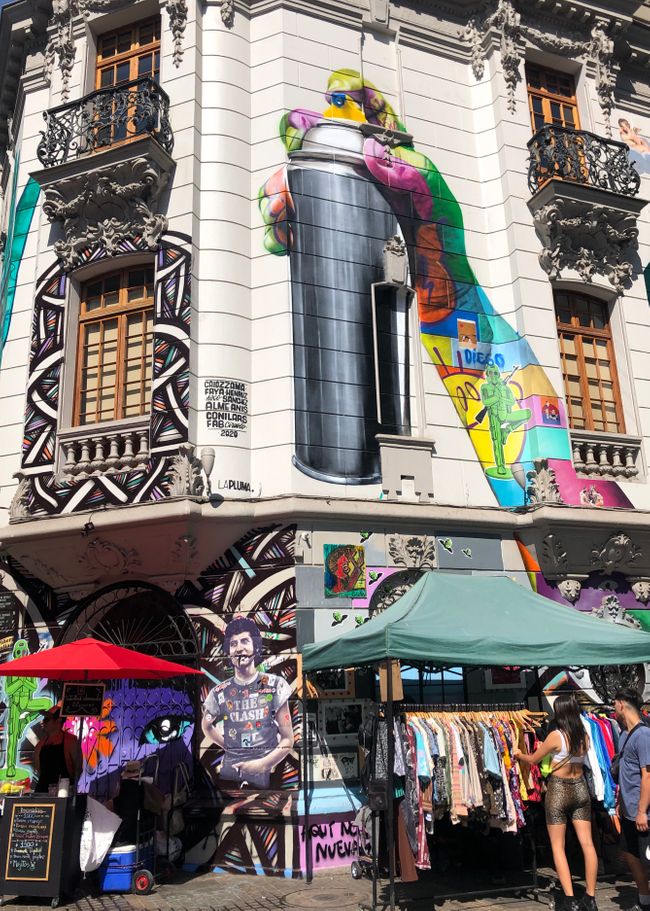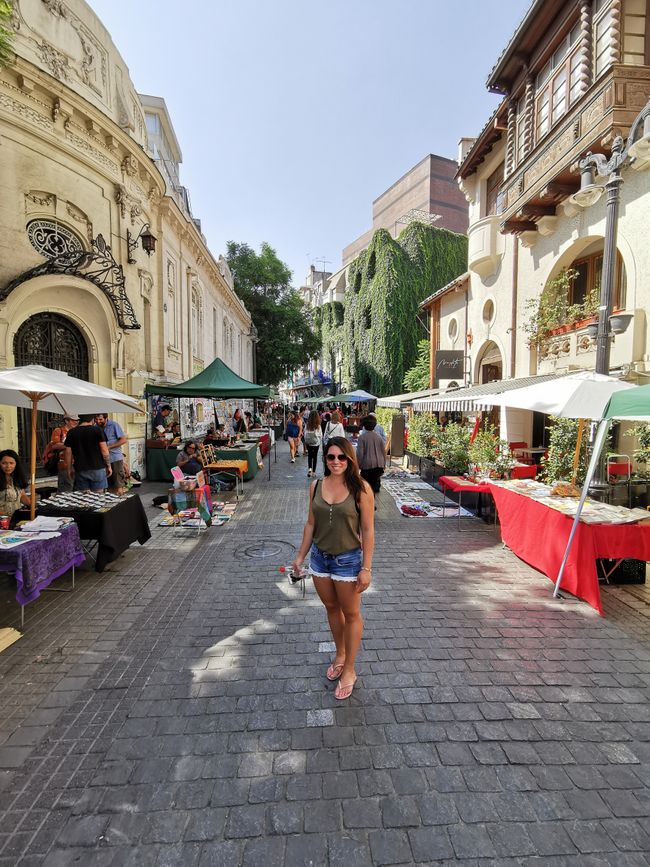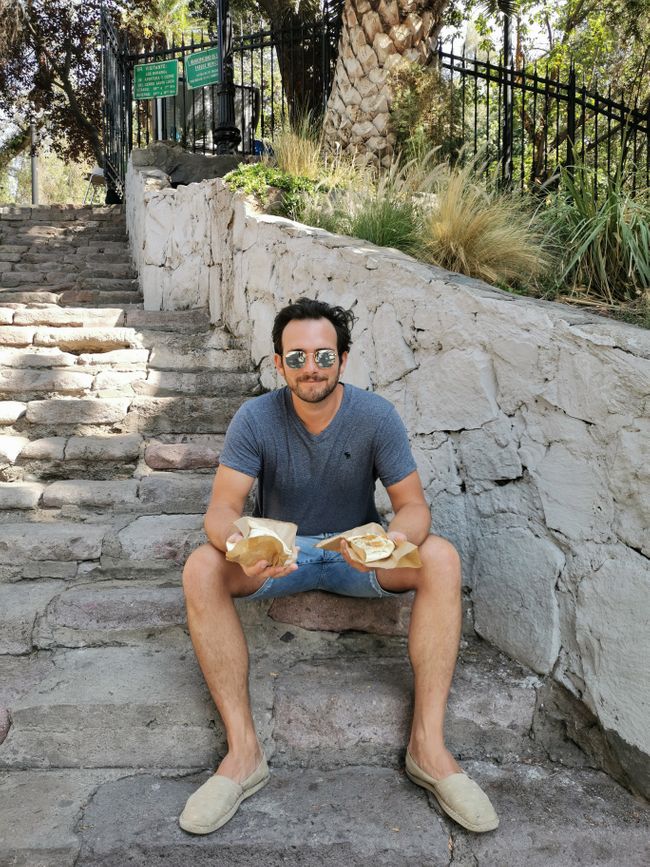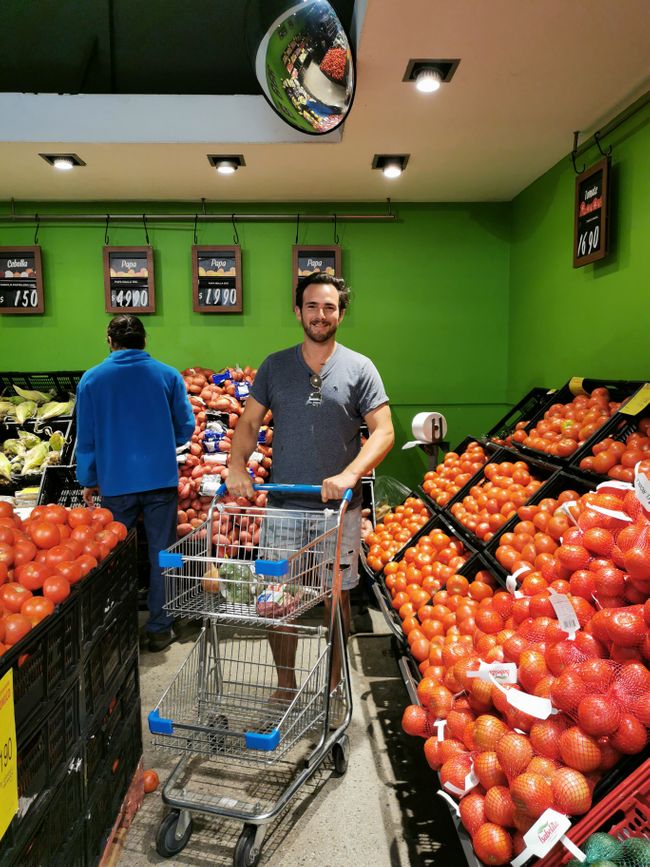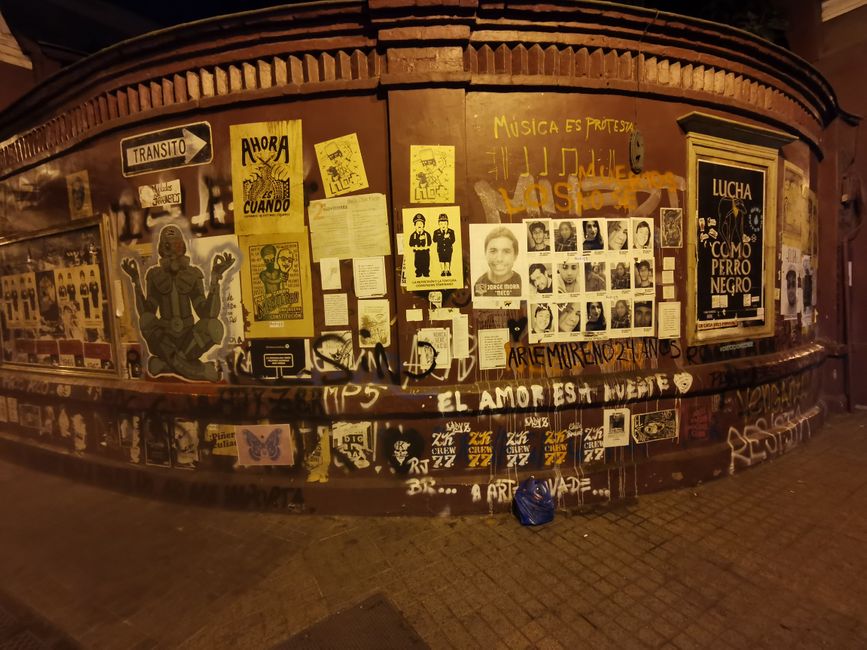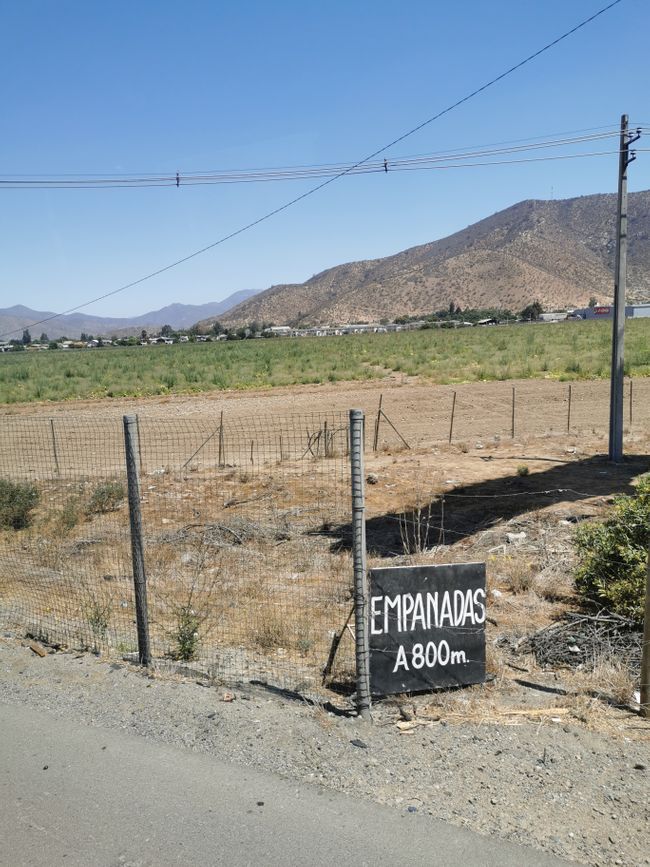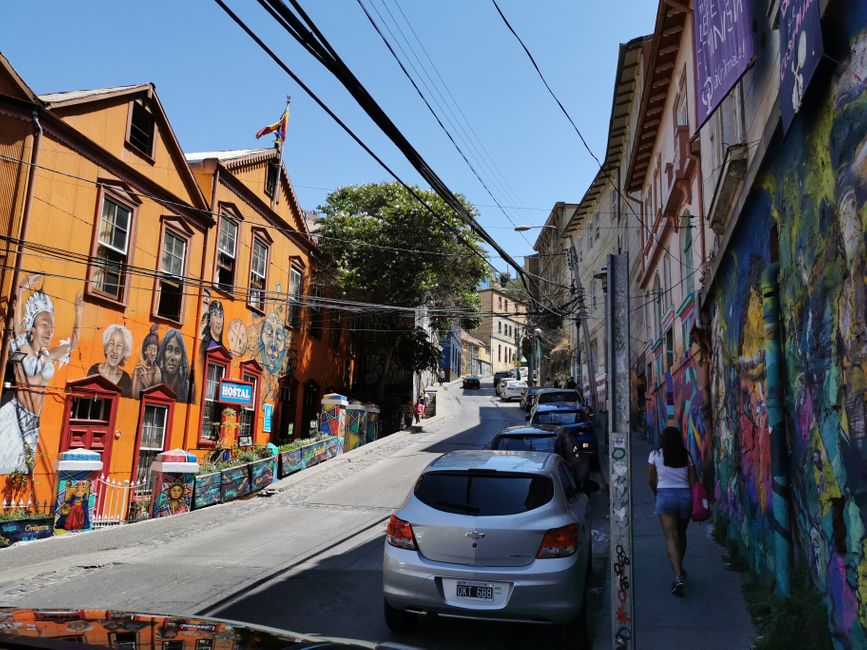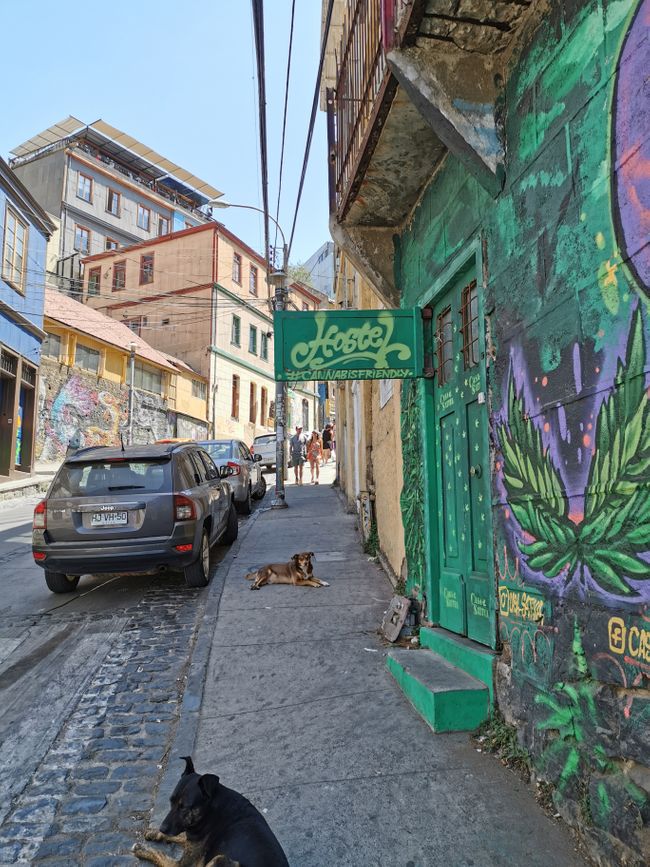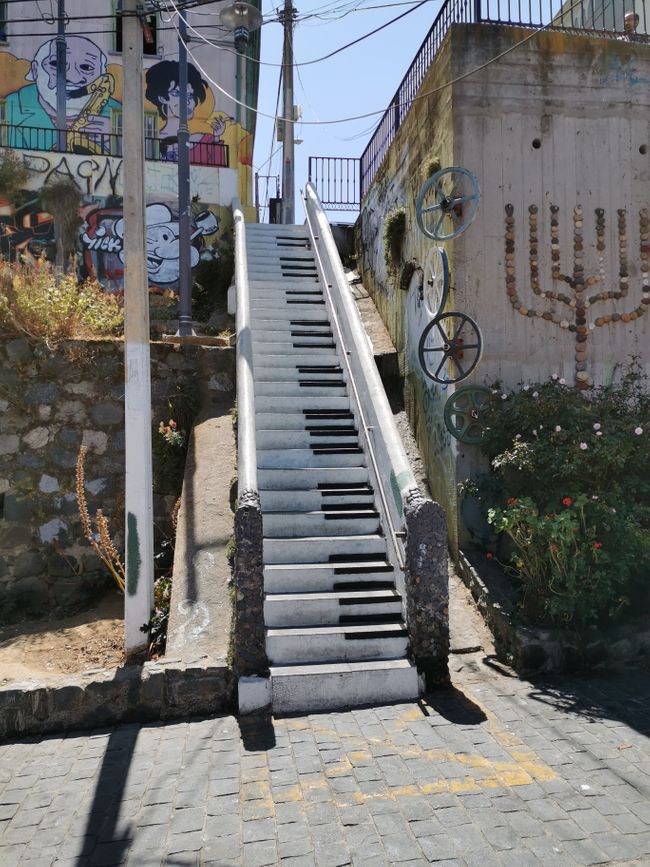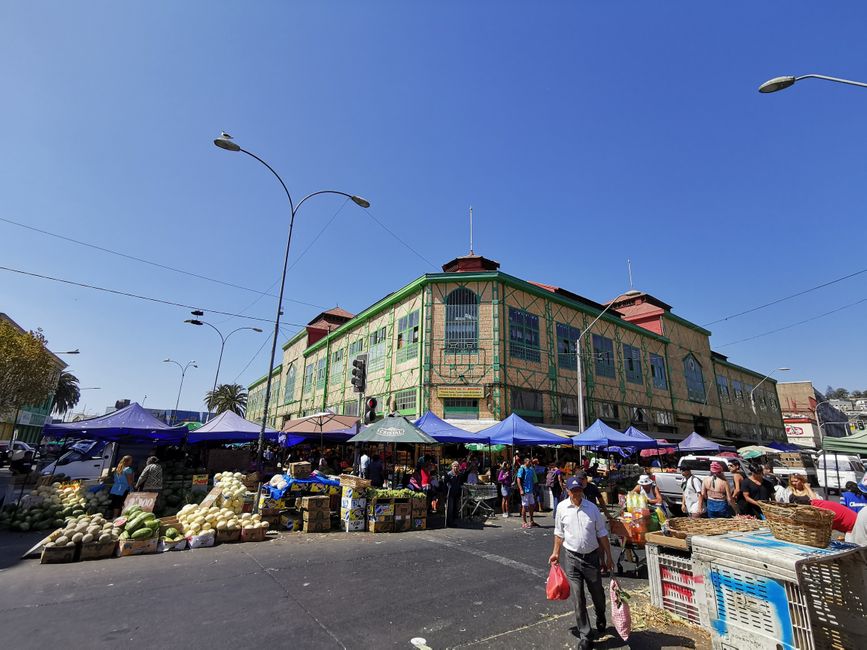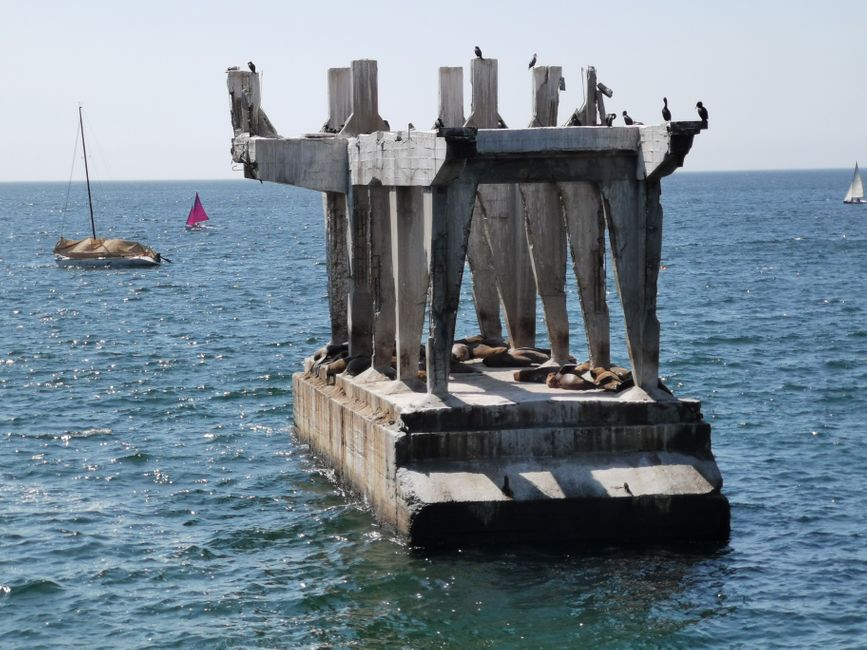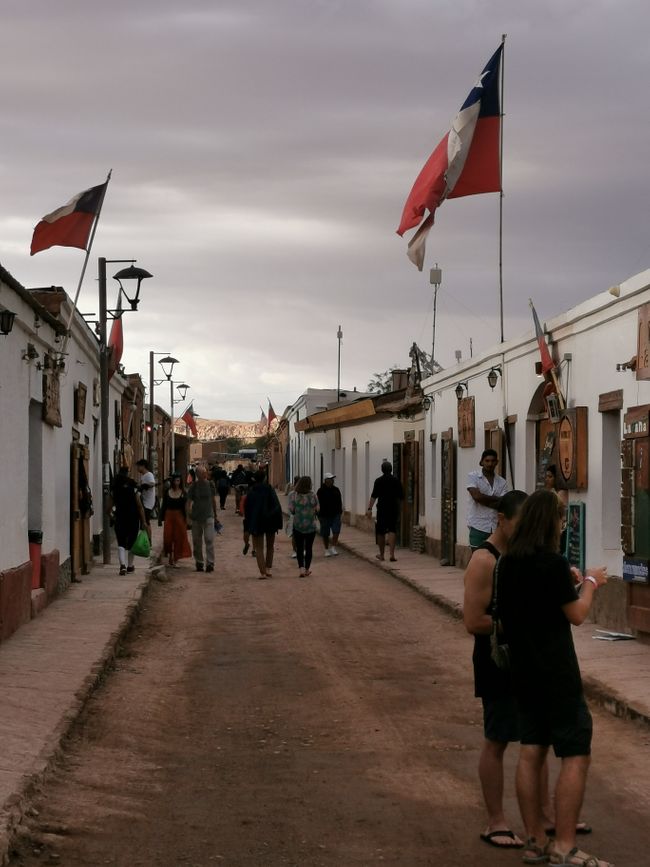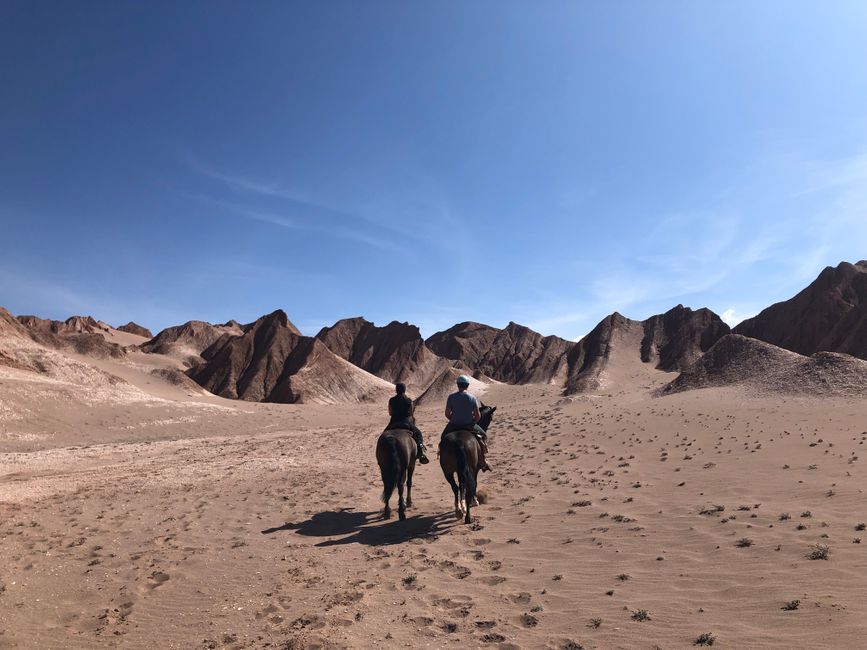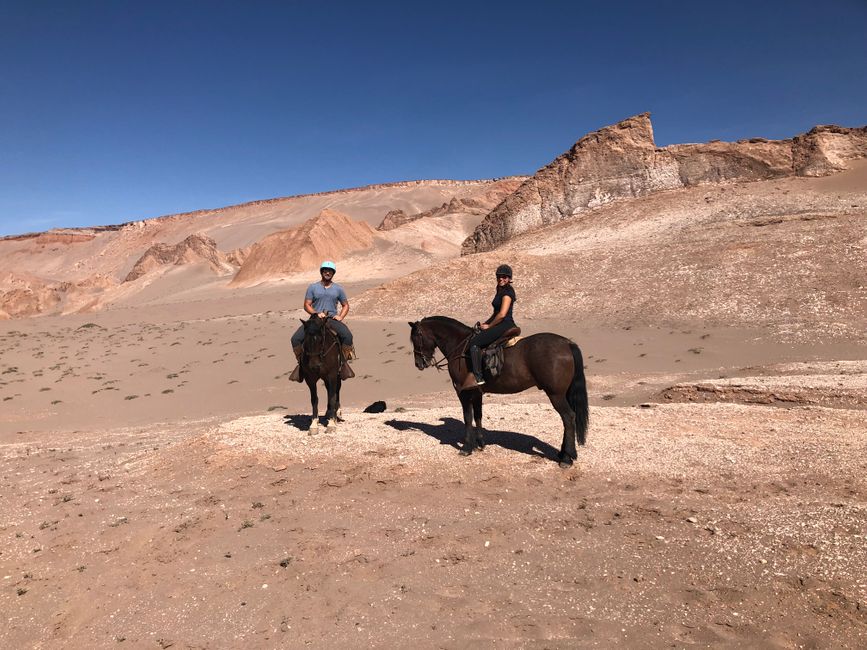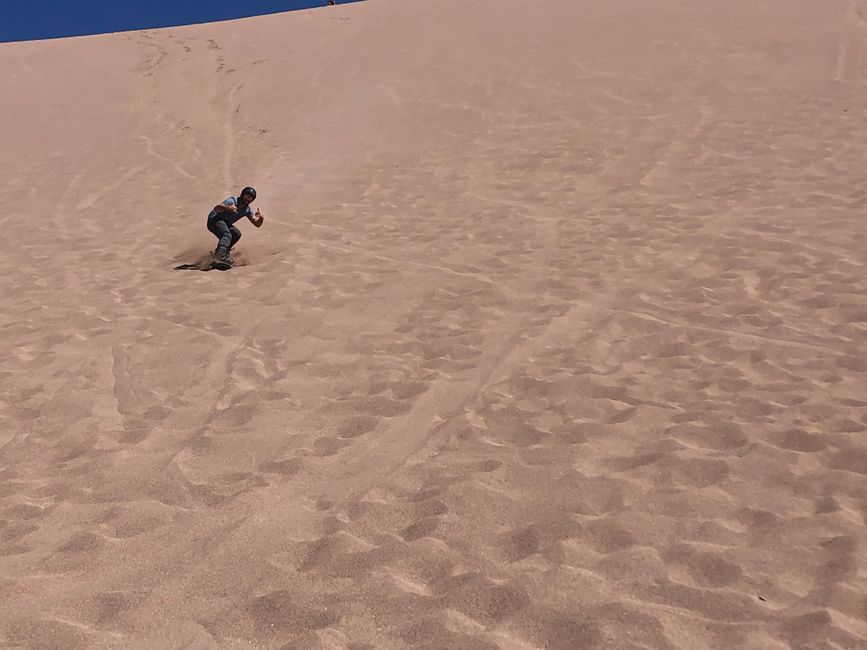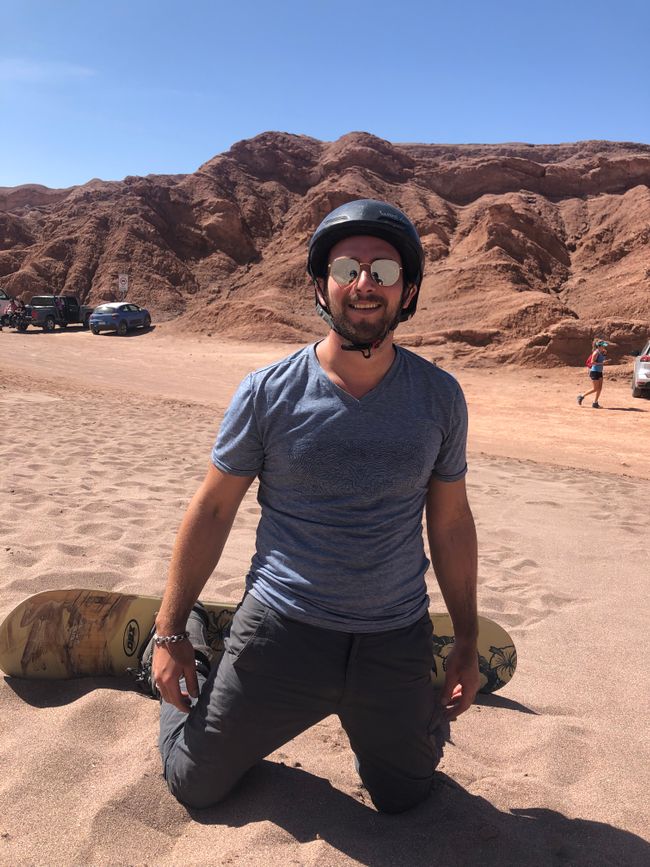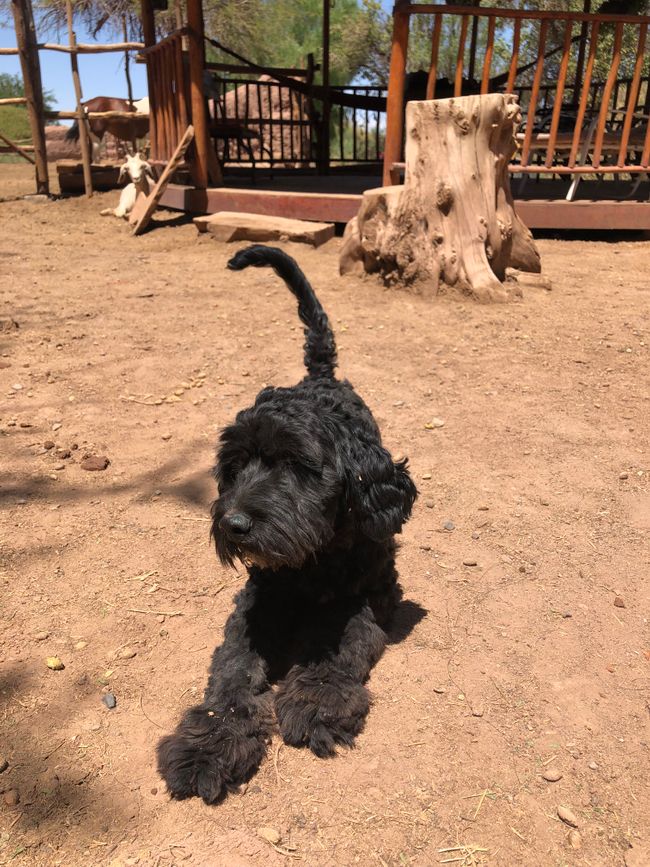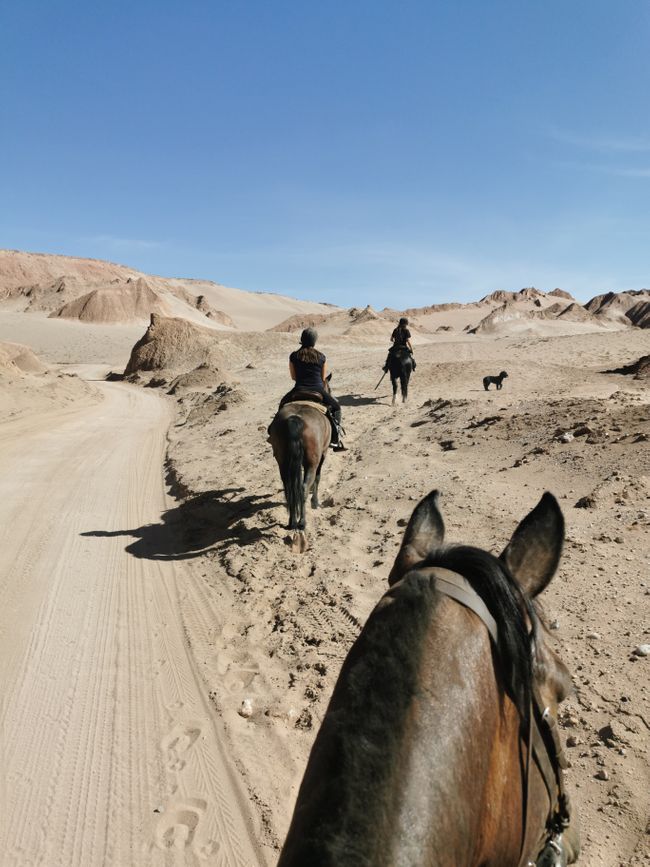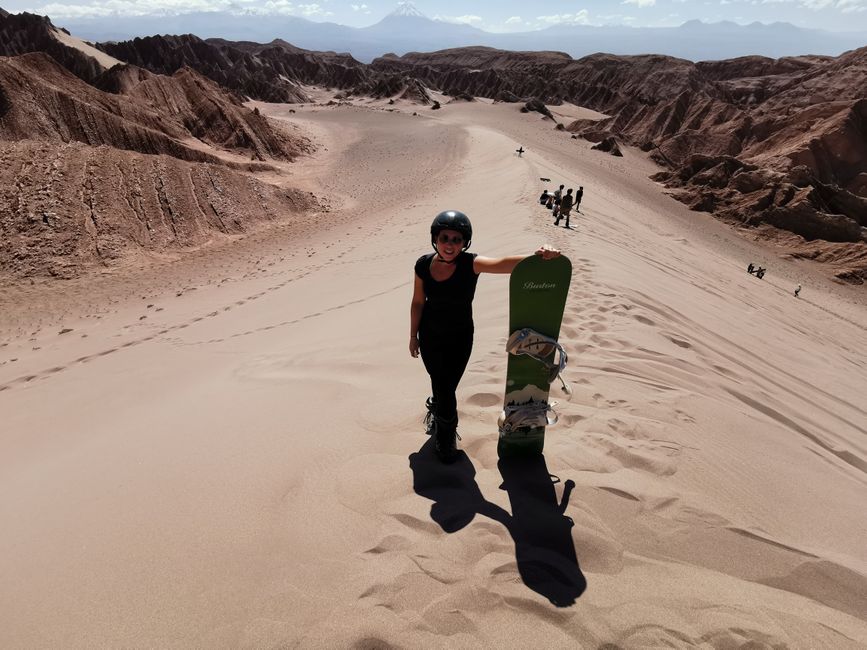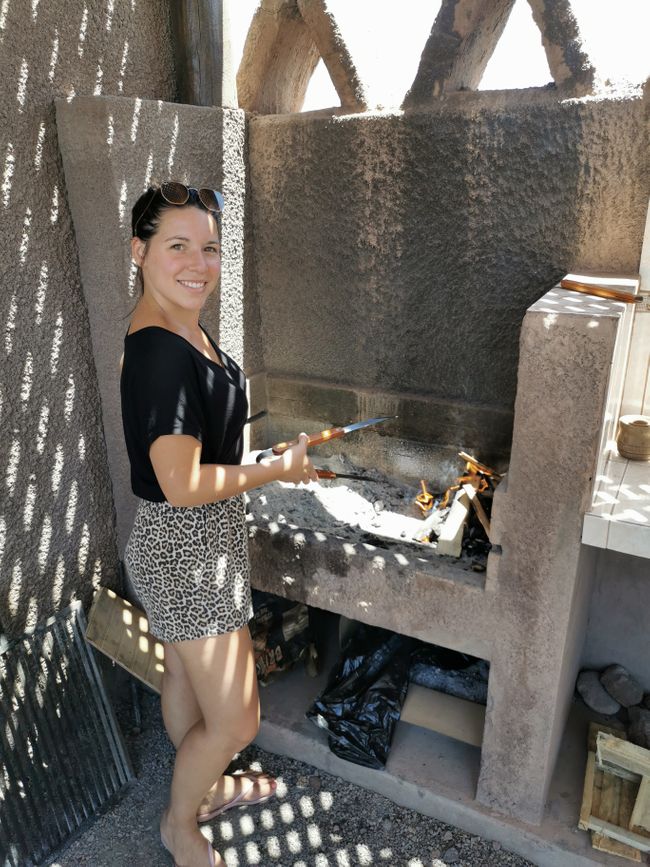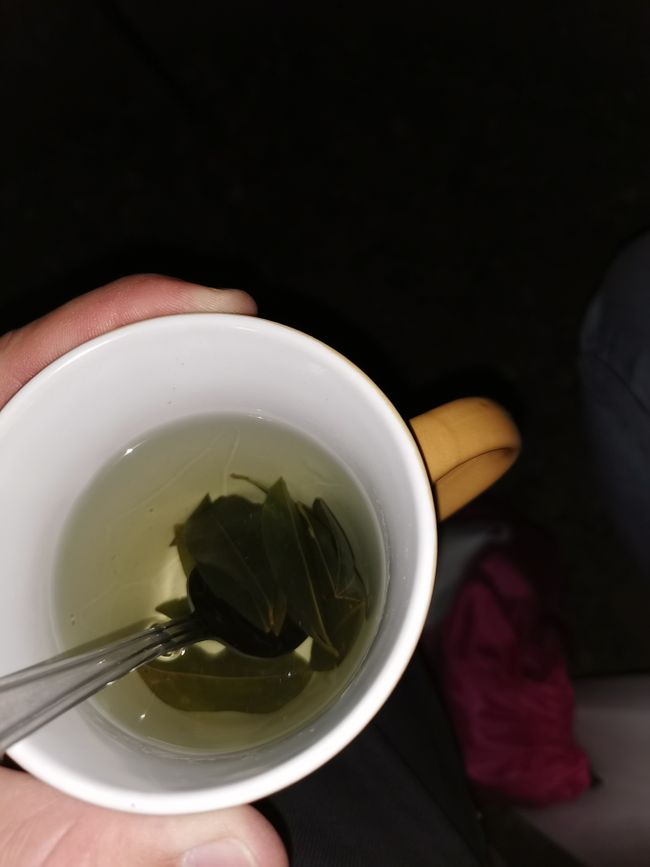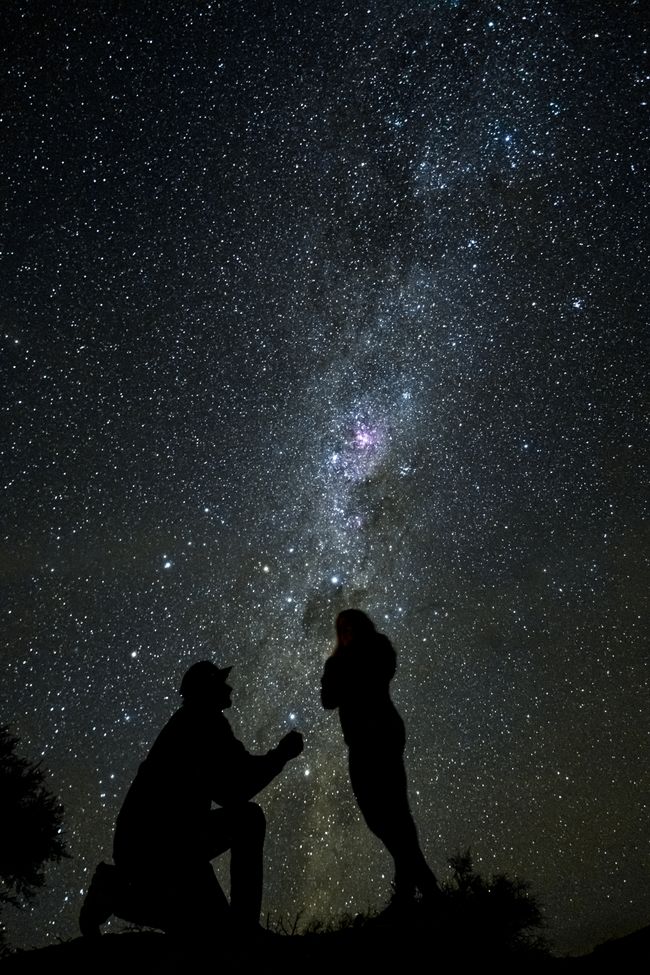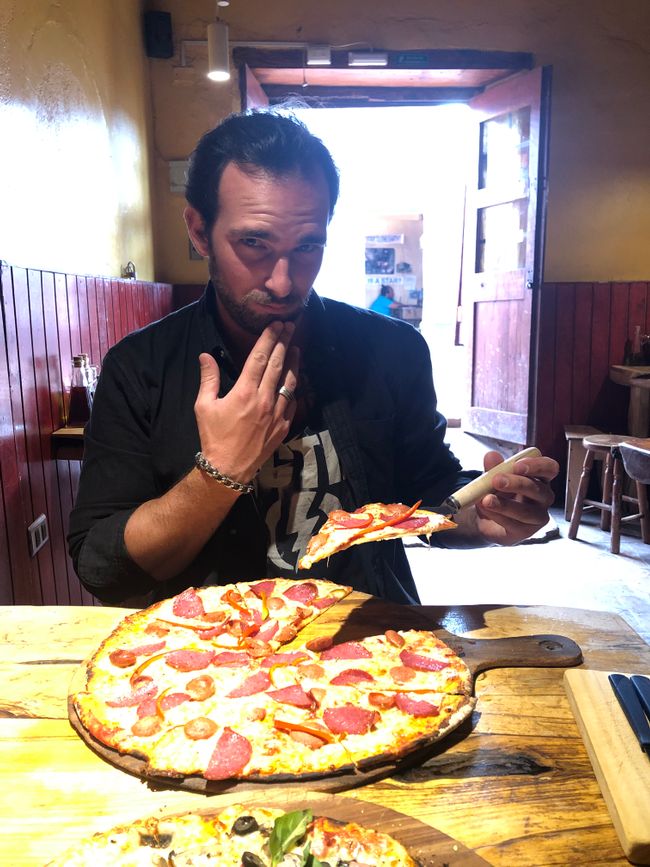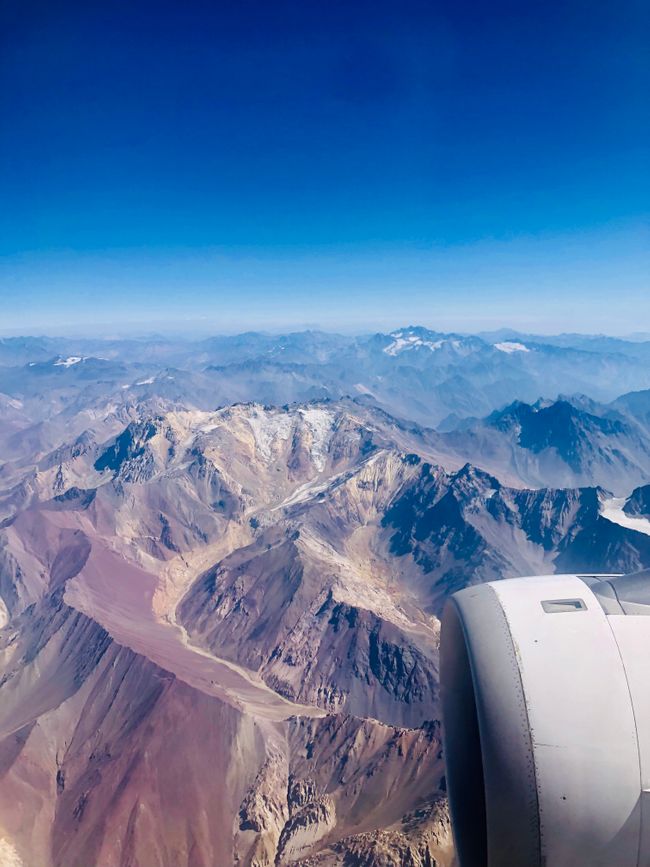Chile
Опубликовано: 27.04.2020
Подписаться на новостную рассылку
After six and a half weeks, we reluctantly left our beloved Colombia. Santiago de Chile was originally not on the itinerary, so we arrived with minimal expectations. But already on the first evening, during a short walk through our neighborhood, we stumbled upon a stroke of luck. There are charming cafes and bars everywhere, people spend their evenings in the park, and right in front of our house, there is a flea market. For four days, we explore the capital of Chile, somewhat aimlessly - with a short detour to Valparaíso - and we are amazed. The first impression has been confirmed. What we liked the most is the incredibly friendly people. Everyone is courteous, helpful, and chatty. This applies to taxi drivers, waiters, and even the homeless. Santiago seems progressive and liberal, with a strong alternative movement. Everything happens quickly, and the service mindset is established at all levels. This is actually new for us after six weeks in Colombia. AND: they have delicious baked empanadas - finally, not fried ones!
What shocks us are the photos of young people hanging on the walls. They lost their lives during the protests that started on October 18, 2019. People on the streets also warned us about the ongoing protests on Fridays. And indeed, during the night from Friday to Saturday, there is commotion that we prefer to stay away from. "ACAB" (all cops are bastards) is written on every corner - and not without reason. International human rights organizations have published reports stating that since October, the police and the military in Chile have committed massive human rights violations. The reports describe excessive and unnecessary violence, torture, and abuse - all of which are arbitrary. The rubber bullets used are made of lead, and the water cannons spray chemicals that cause burns. The situation in the country is alarming, causing numerous injuries every week, while the government denies and downplays everything. So far, there have been over 11,000 injured and more than 30 deaths. A country where the state does not protect its own population but rather fights against it is unimaginable for us and reminds us once again how fortunate we are.
Next, we continue to San Pedro de Atacama - the driest desert in the world. It's raining when we arrive. Our astronomy tour tomorrow night is in jeopardy due to the cloudy weather. When we sit in the desert at 11 pm, drinking coca and RicaRica tea, our guide is already distributing alternative dates... and then suddenly, the sky clears up, revealing the incredible starry night. The tour lasts until 3 am, but every minute is worth it. After a short night, we saddle up and explore the desert during the day - also absolutely worthwhile. We would skip sandboarding in the future, but at least we can cross it off our bucket list now. The highlight of our horseback ride, however, is when Annika and Robin suddenly appear in front of us. We wanted to meet in Rio, but instead, we unexpectedly encounter each other in the desert, like a mirage. The probability of such a chance meeting in an area of 105,000 km² is quite low. But the joy of this early reunion is even greater, so we celebrate a little in the evening.
Подписаться на новостную рассылку
Отвечать
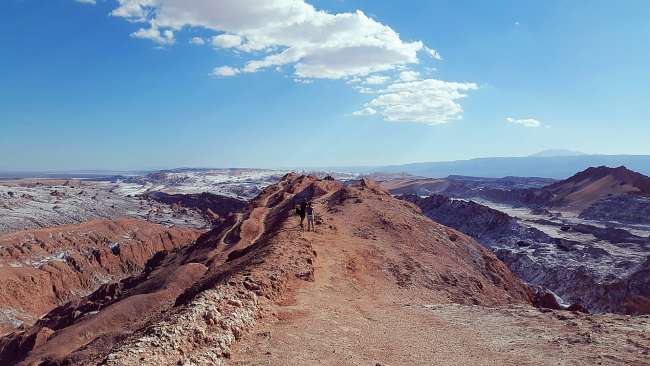
Отчеты о поездках Чили
